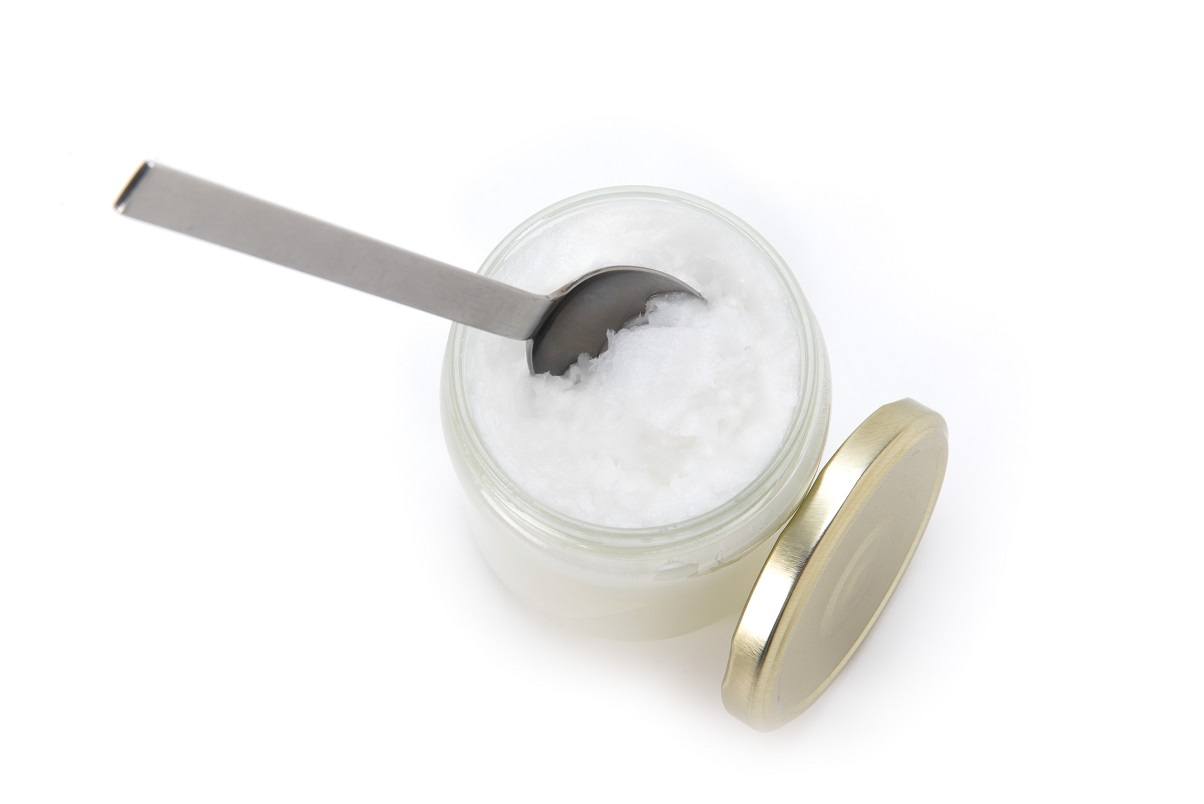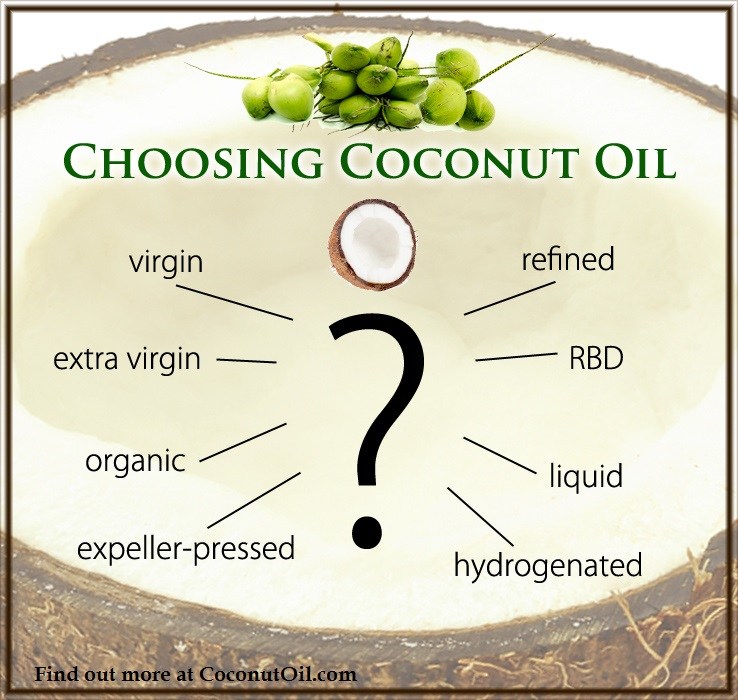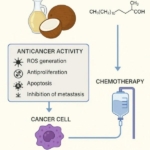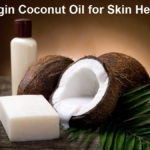
by Brian Shilhavy
Health Impact News Editor
A 2015 study published in the Nigeria Medical Journal looked at the effect of “oil pulling” with coconut oil on plaque formation and plaque induced gingivitis. The study was conducted in the Department of Pedodontics and Preventive Dentistry, Kannur Dental College, in Kerala, India.
Oil pulling is a technique that has become popular where one takes a spoonful of coconut oil and swishes it around in their mouth (without swallowing) for 15 minutes or so. Many health benefits are claimed from following such a practice, but so far published research has only documented the dental benefits. Even “mainstream” dentists in the United States are reporting benefits they are seeing in their patient’s dental health among those who regularly practice oil pulling. (See: Oil Pulling Goes Mainstream – Health Benefits Cannot be Denied.)
In the study, 60 young adults between the age of 16 and 18 who had plaque induced gingivitis participated in the study. The study found:
A statistically significant decrease in the plaque and gingival indices was noticed from day 7 and the scores continued to decrease during the period of study.
The discussion portion of the study speculated as to how oil pulling with coconut oil reduces plaque and gingivitis:
There are various hypotheses on the mechanisms by which oil pulling may act in decreasing the plaque and gingival index. In oil pulling, as the oil is swished in the mouth the mechanical shear forces exerted on the oil leads to its emulsification and the surface area of the oil is greatly increased. The oil film thus formed on the surface of the teeth and the gingiva can reduce plaque adhesion and bacterial co aggregation.
It was also proposed that the alkalis in the saliva can react with the oil leading to saponification and formation of a soap like substance which can reduce the adhesion of plaque. Coconut oil has a high saponification value and is one of the most commonly used oil in making soaps. The soaps produced with coconut oil can lather well and have an increased cleansing action. The lauric acid in the coconut oil can easily react with sodium hydroxide in saliva during oil pulling to form sodium laureate, the main constituent of soap which might be responsible for the cleansing action and decreased plaque accumulation.
The significant reduction in gingivitis can be attributed to decreased plaque accumulation and the anti-inflammatory, emollient effect of coconut oil. In animal studies coconut oil was found to be an effective burn wound healing agent and this was attributed to its anti-inflammatory and antiseptic properties. Coconut oil showed moderate anti-inflammatory effects on ethyl phenylpropiolate induced ear edema in rats, and carrageenin and arachidonic acid-induced paw edema. It was found be effective and safe when used as an emollient and moisturiser.
Reference
Effect of coconut oil in plaque related gingivitis – Faizal C. Peedikayil, Prathima Sreenivasan, and Arun Narayanan – Niger Med J. 2015 Mar-Apr; 56(2): 143–147.
About the author: Unlike many people who write about coconut oil by simply reading about it, Brian Shilhavy actually lived in a coconut producing area of the Philippines for several years with his family, observing firsthand the differences between the diet and health of the younger generation and those of his wife’s parents’ generation still consuming a traditional diet. This led to years of studying Philippine nutrition and dietary patterns first hand while living in a rural farming community in the Philippines. Brian is the author of the best-selling book: Virgin Coconut Oil: How it has changed people’s lives and how it can change yours!
Read the Virgin Coconut Oil eBook on Your Mobile Device!
It’s All in Your Head
The Link Between Mercury Amalgams and Illness
Free Shipping Available!







 HHS Secretary Kennedy Breaks His Promise: "War on Saturated Fat" Kept in Tact with New U.S. Dietary Guidelines
HHS Secretary Kennedy Breaks His Promise: "War on Saturated Fat" Kept in Tact with New U.S. Dietary Guidelines Research Continues to Show Virgin Coconut Oil's Effectiveness in Treating Cancer
Research Continues to Show Virgin Coconut Oil's Effectiveness in Treating Cancer Coconut Oil Continues to Benefit Alzheimer's Patients over Drugs as Studies Continue for Neurological Benefits
Coconut Oil Continues to Benefit Alzheimer's Patients over Drugs as Studies Continue for Neurological Benefits How the Simple High-Fat Low-Carb Ketogenic Diet Continues to Change People's Lives
How the Simple High-Fat Low-Carb Ketogenic Diet Continues to Change People's Lives New Studies Continue to Show that Coconut Oil is the Best Oil for Treating Skin Conditions and Maintaining Healthy Skin and Teeth
New Studies Continue to Show that Coconut Oil is the Best Oil for Treating Skin Conditions and Maintaining Healthy Skin and Teeth
One Comment